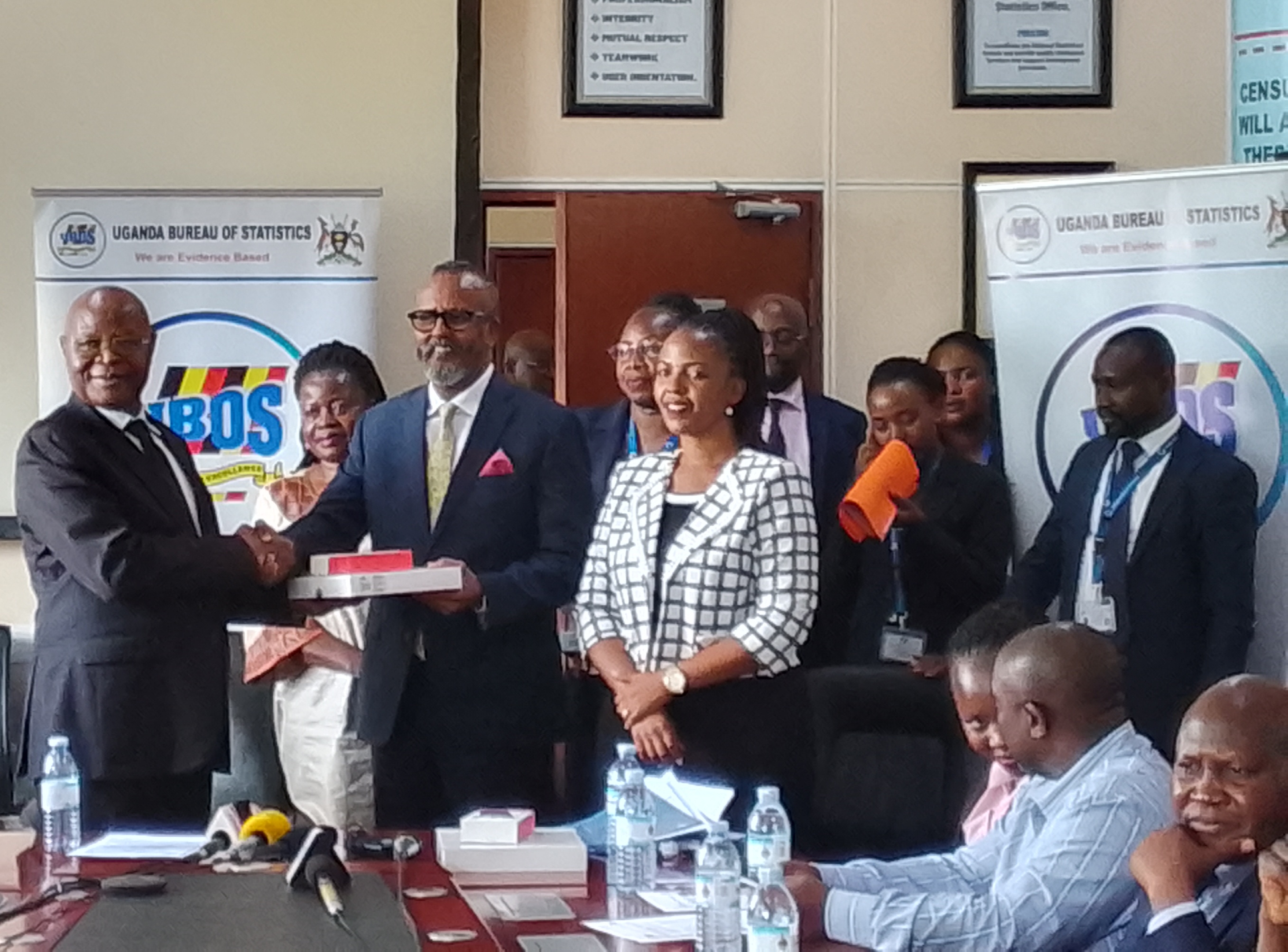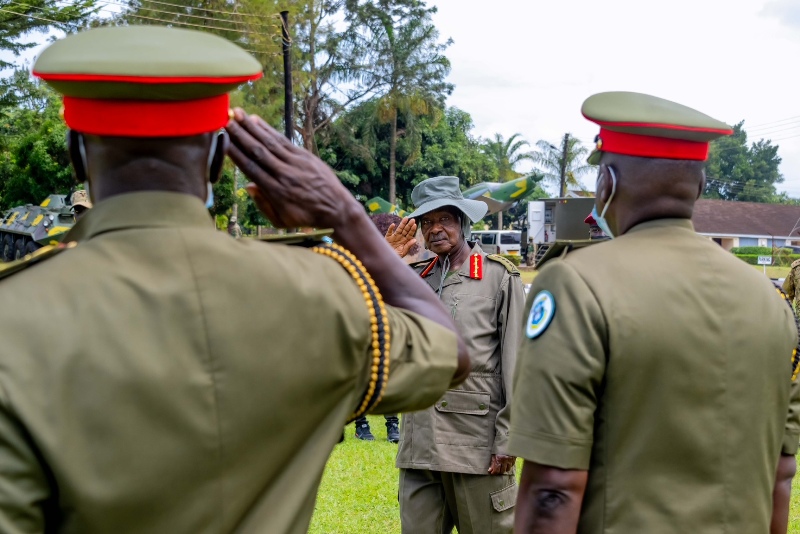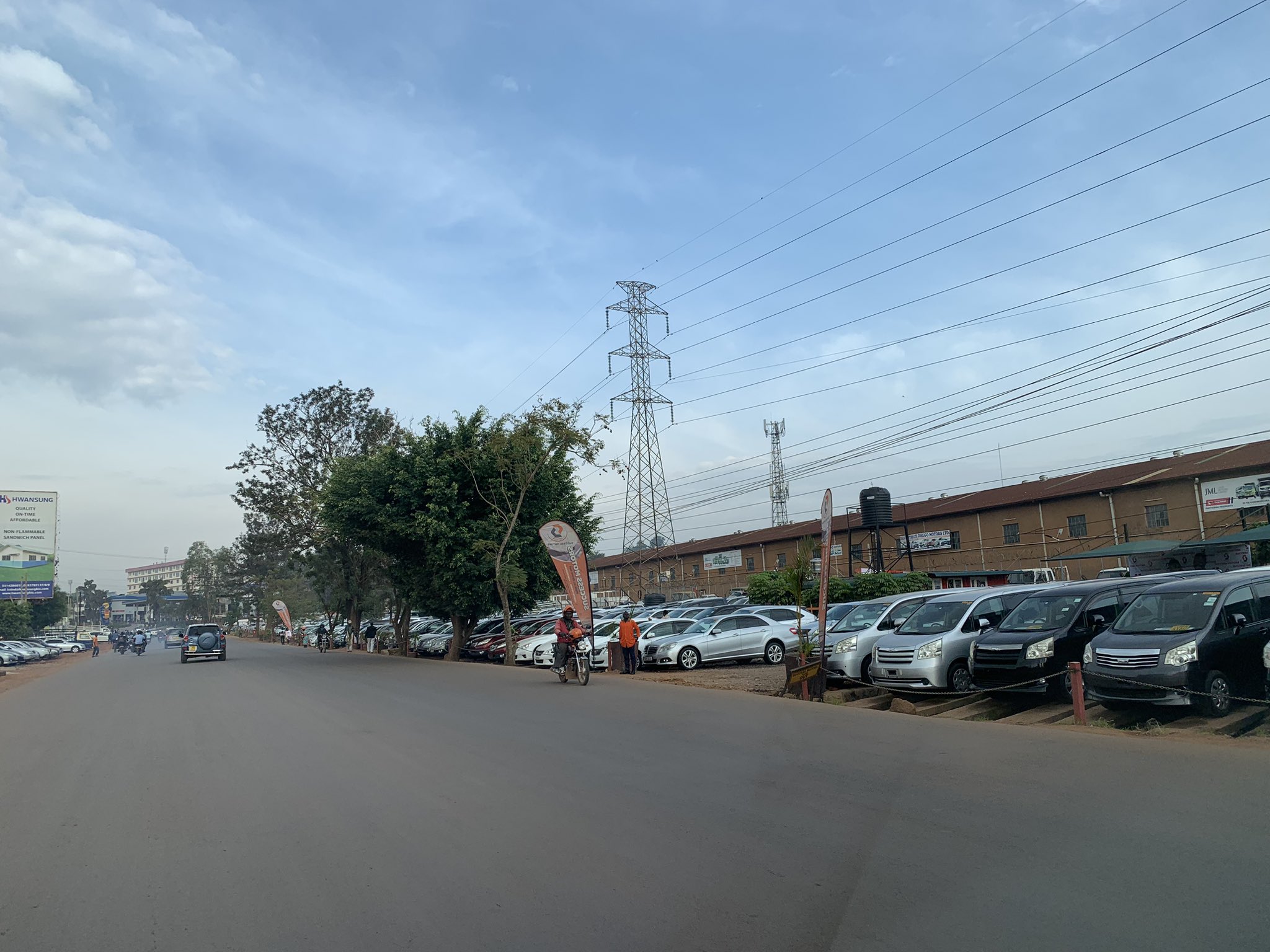Uganda and DR Congo sign historic peace pact to curb crime and boost trade
The initiative follows a series of tensions and trade interruptions blamed on lax border enforcement. Local communities on both sides of the border have repeatedly raised alarms over theft, illegal roadblocks, and harassment by rogue security elements.

In a rare moment of cross-border cooperation, five Ugandan border districts have inked a landmark peace agreement with the Democratic Republic of Congo (DRC), aimed at extinguishing persistent insecurity and fostering prosperity along one of the region’s most volatile frontiers.
The peace accord was signed on Monday, May 5, in Mahagi Territory, Eastern Ituri Province, DR Congo. Representatives from both nations described it as a “game-changer” for regional peace and trade stability.
The Ugandan districts involved are Nebbi, Pakwach, Buliisa, Zombo, and Hoima which share a border with DR Congo’s troubled eastern region. For decades, these districts have wrestled with porous borders that allowed a steady flow of cross-border crimes: car theft, livestock raiding, illegal trade, and even insurgent infiltration.
“This peace deal is long overdue,” declared Gen. Taban Amin, Uganda’s Deputy Director General for Special Operations in the Internal Security Organisation (ISO), who led the Ugandan delegation.
“We have for years battled crimes committed by people who cross into Uganda or Congo and disappear without a trace. This agreement is a turning point.”
The initiative follows a series of tensions and trade interruptions blamed on lax border enforcement. Local communities on both sides of the border have repeatedly raised alarms over theft, illegal roadblocks, and harassment by rogue security elements.
“There has been no clear system to address these cross-border grievances,” said Col. Disanoa Laula, Administrator of Military Affairs for Mahagi Territory.
“That changes today. Both sides must now walk the talk. We cannot allow criminality to replace diplomacy.”
At the heart of the agreement is a promise of joint border patrols, intelligence-sharing, and a coordinated crackdown on illegal trade and unregulated movement. The pact also aims to control the entry and exit of goods, a move expected to benefit border communities who rely on cross-border trade for survival.
Speaking at the signing ceremony, Ugandan delegates noted that insecurity has stifled cross-border commerce and development.
“You can’t talk about development where traders fear for their lives or lose goods to criminals,” remarked Geoffrey Baluku, Uganda’s State Minister for ICT, who chaired a prior meeting in Nebbi District on April 15–16.
“We must treat border peace not as a luxury, but a necessity for trade, tourism, and community development.”
The Nebbi talks set the tone for the Mahagi signing, during which both parties committed to collective crime response, community engagement, and structured diplomatic channels to handle disputes.
Security analysts believe the agreement is a rare positive development in a region often in the headlines for conflict and instability. Eastern DRC has long been plagued by armed groups, some of whom are suspected of exploiting Uganda’s porous borders.
Implementation of the joint patrols, regular dialogue between district authorities, and timely information sharing will determine whether this deal will be remembered as a historic success—or just another well-intentioned handshake.







